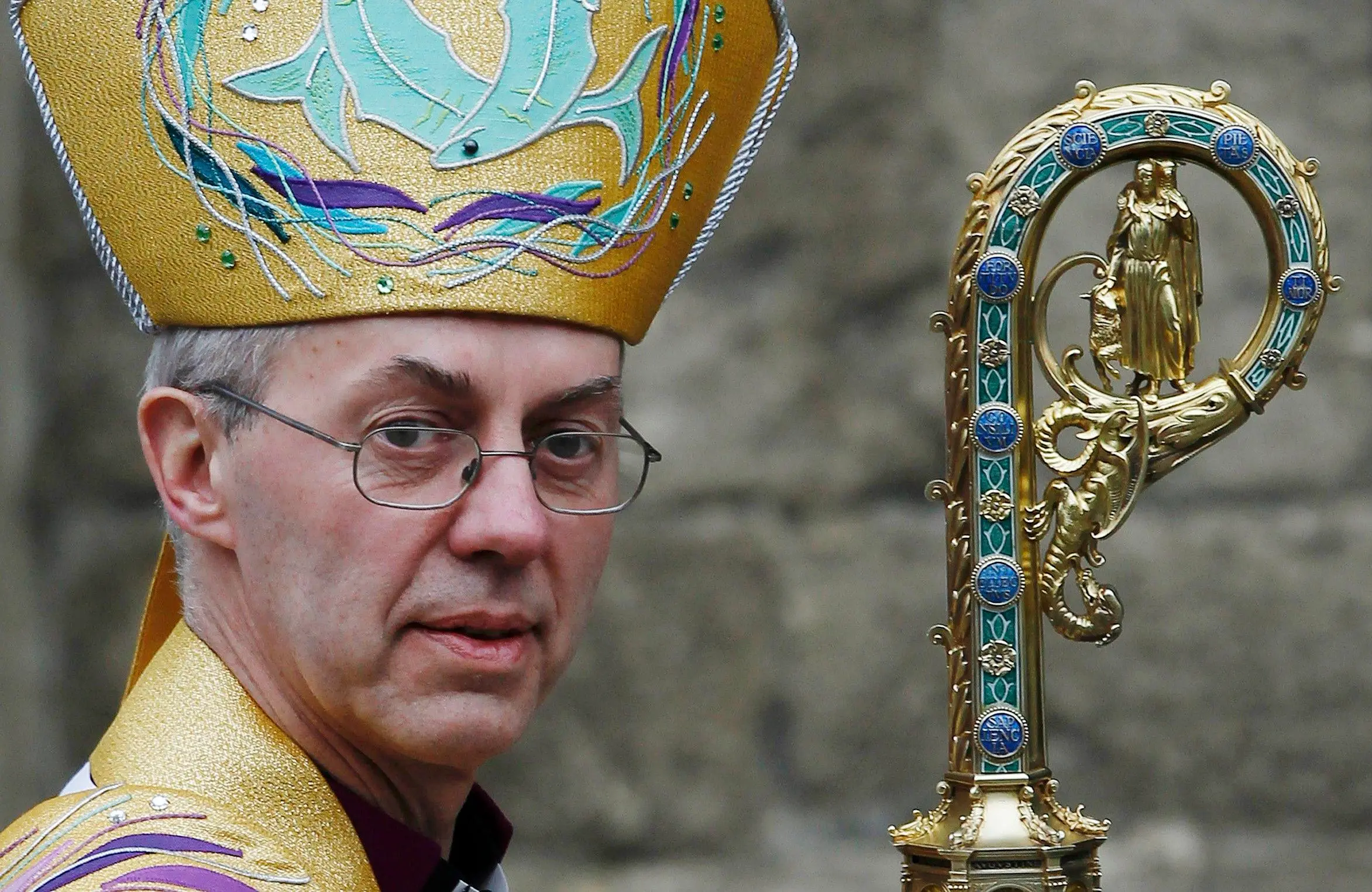In a remarkable display of ecclesiastical diplomacy and community outreach, the Archbishop of Canterbury, Justin Welby, concluded his extensive 12-day tour of Central America with a significant visit to Costa Rica. This visit not only underscored his commitment to fostering global Anglican connections but also highlighted the Church’s deep involvement in pressing social issues like migration and climate change.
Bridging Communities Through Faith and Dialogue
During his stay in Costa Rica, Archbishop Welby engaged deeply with the local communities and their leaders. His schedule was packed with meaningful interactions, from preaching at the Cathedral El Buen Pastor in San José to visiting the Hogar Episcopal School. This particular school is a beacon of hope, providing education, healthcare, and support primarily to children of immigrants from crisis-stricken regions like Venezuela and Nicaragua. The Archbishop’s visit brought to light the critical role of faith-based organizations in providing sanctuary and support to vulnerable populations.
Educational and Diplomatic Engagements
The Archbishop’s engagements weren’t limited to religious ceremonies. His visit to the Hogar Episcopal School was particularly poignant. He witnessed firsthand the cultural richness and resilience of the immigrant community, with performances and testimonials that underscored the school’s impact on their lives. These interactions underscored the Church’s role in social welfare and education, providing not just spiritual guidance but also practical support to those in need.
Moreover, his meeting with Arnoldo André, the Minister of Foreign Affairs of Costa Rica, delved into complex issues such as the interconnections between climate change and migration. This dialogue highlighted the Anglican Church’s active participation in global discussions that seek to address and mitigate large-scale humanitarian challenges.
A Catalyst for Change
Archbishop Welby’s tour through Central America, culminating in Costa Rica, serves as a profound reminder of the power of religious leadership in bridging divides and fostering discussions on global issues. By engaging with both political leaders and grassroots communities, the Archbishop demonstrated a model of leadership that is both compassionate and action-oriented, striving to make a tangible difference in the lives of many.
The visit not only reinforced the bonds between the Anglican community across nations but also showcased the Church’s commitment to addressing contemporary issues such as migration, education, and climate change through a framework of faith and cooperation.

